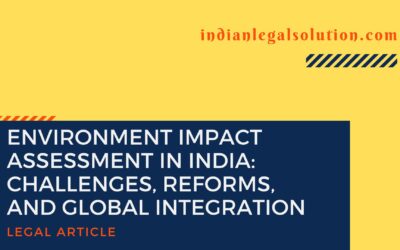Supreme Court bars Assam police from coercive action against journalist Siddharth Varadarajan

The Supreme Court of India has stepped in to protect senior journalist and the founding editor Siddharth Varadarajan of “The Wire” from coercive law enforcement action amid controversy over an article published under “Operation Sindoor.”
A bench comprising Justices Surya Kant and Joymalya Bagchi issued a directive restraining the Assam Police from proceeding with any such measures.
The interim order from the court came in response to a writ petition filed by the Foundation for Independent Journalism, which operates The Wire, alongside Varadarajan. The petition challenges the constitutional validity of Section 152 of the Bharatiya Nyaya Sanhita—a provision perceived by the petitioners as overly broad and potentially repressive.
They argue that its sweeping language threatens freedom of expression and press independence, citing concerns that it mirrors vestiges of colonial-era sedition laws.
Section 152 criminalizes acts deemed to threaten India’s sovereignty, unity, and integrity, prescribing penalties that include life imprisonment and hefty fines. The FIR in question, filed by the Assam Police in Morigaon, was triggered by Varadarajan’s article that discussed India’s alleged strategic retaliation in “Operation Sindoor,” focusing on military operations against terror infrastructure in Pakistan and PoK.
The bench while issuing notice underscored the need for investigative cooperation by both the Foundation’s representatives and Varadarajan himself, yet simultaneously emphasized that coercive steps such as arrests or raids should be put on hold until the matter is adjudicated Additionally, the current petition has been linked to another pending challenge to the same provision, with notice having already been issued on August 8.
As per the media reports the senior counsel Nitya Ramakrishnan, representing the petitioners, argued before the bench that Section 152’s vague wording creates a “chilling effect” on journalistic freedom.
The court questioned whether the mere potential for misuse suffices to deem a law unconstitutional, emphasizing the need for clear legislative definitions.This interim stay comes amid broader concerns about press freedoms and the potential misuse of national security laws.
The Supreme Court has shielded Varadarajan from coercive prosecution pr and has decided to delve into the broader constitutional questions surrounding Section 152 and its implications for democracy and free speech.

